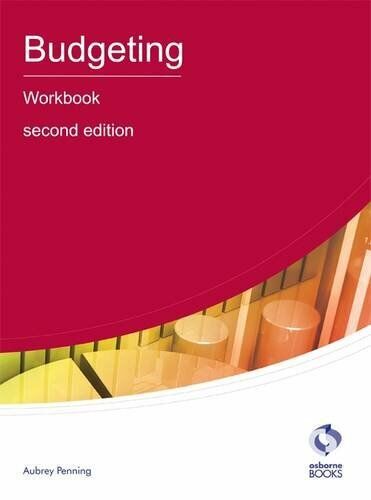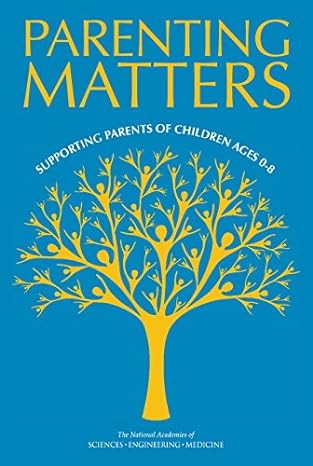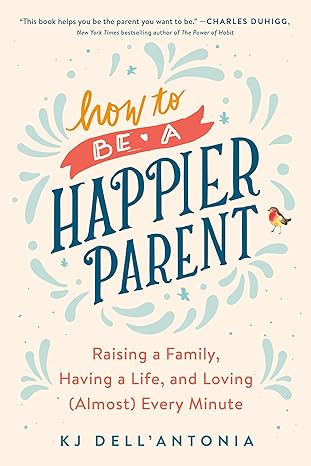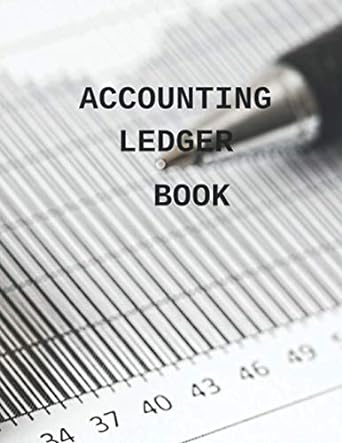Go back

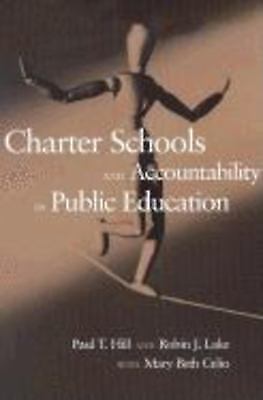
Charter Schools And Accountability In Public Education(1st Edition)
Authors:
Paul Hill, Robin Lake

Cover Type:Hardcover
Condition:Used
In Stock
Include with your book
Free shipping: April 04, 2024Popular items with books
Access to 3 Million+ solutions
Free ✝
Ask 10 Questions from expert
200,000+ Expert answers
✝ 7 days-trial
Total Price:
$0
List Price: $6.44
Savings: $6.44(100%)
Book details
ISBN: 9780815702672, 0815702671
Book publisher: Brookings Institution Press
Get your hands on the best-selling book Charter Schools And Accountability In Public Education 1st Edition for free. Feed your curiosity and let your imagination soar with the best stories coming out to you without hefty price tags. Browse SolutionInn to discover a treasure trove of fiction and non-fiction books where every page leads the reader to an undiscovered world. Start your literary adventure right away and also enjoy free shipping of these complimentary books to your door.
Charter Schools And Accountability In Public Education 1st Edition Summary: Charter schools are among the most debated and least understood phenomena in American education today. At the heart of these matters is a contested question of accountability. To survive, charter schools must make and keep promises about what students will experience and learn under their purview. However, unlike public schools, charter schools do not rely exclusively on their relationship with school districts. They must also look to parents, teachers, and donors to cooperatively establish expectations of a particular school and its mission. Aimed toward elected officials, school reform activists, and educators, this book is the result of the first national-scale study of charter school accountability. The authors researched one hundred-fifty schools and sixty authorizing agencies in Arizona, California, Colorado, Georgia, Massachusetts, and Michigan. These states contain the majority of charter schools that have been operating for three years or more and represent the major differences in state charter school legislation. The authors include interviews from a range of participants in the field (c)!from state legislators and administrators to principals, teachers, and parents. In assessing the structure of accountability as it works internally to bolster external confidence, Hill and Lake suggest the struggle of charter schools actually complements those of standards based reform. Both seek to transform public education to make schools responsible for performance, not compliance.
Customers also bought these books
Frequently Bought Together
Top Reviews for Books
Request tk1l85m
( 4 )
"Delivery was considerably fast, and the book I received was in a good condition."


